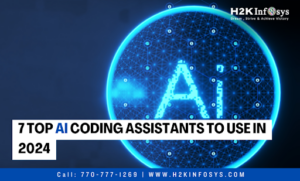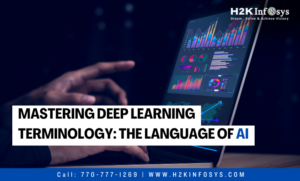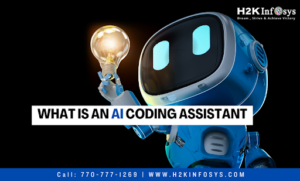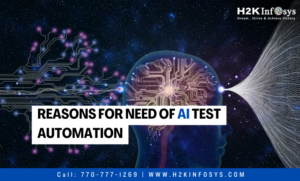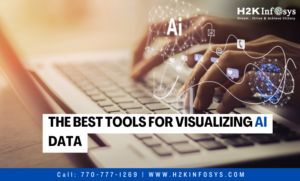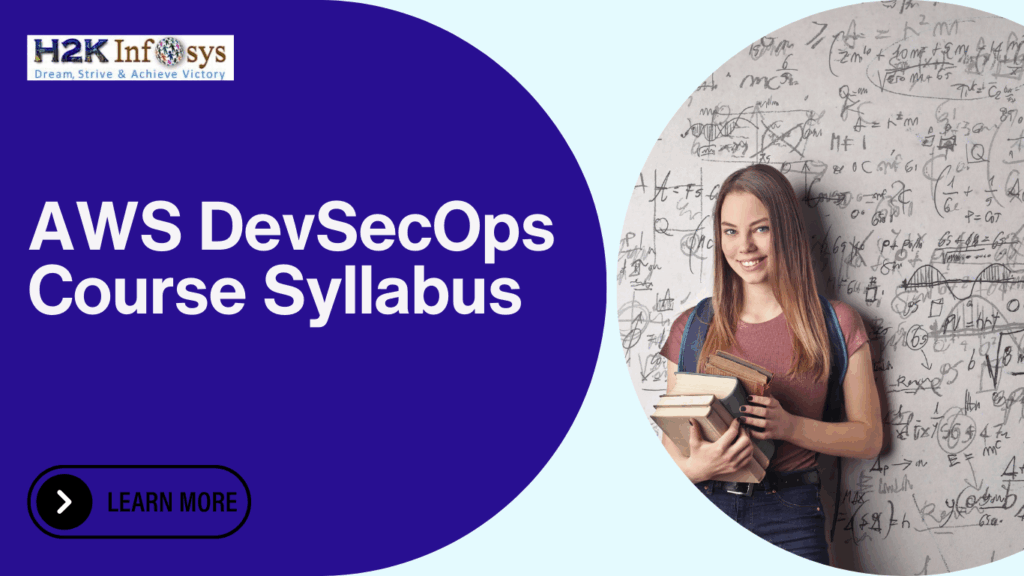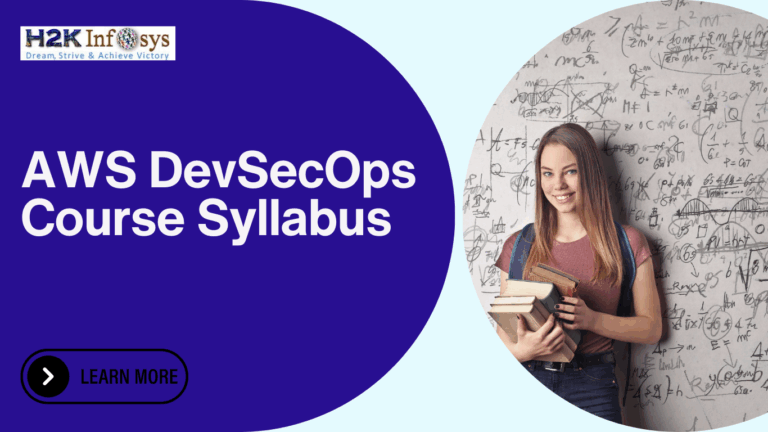A scientific field known as artificial intelligence creates and researches devices meant to stimulate human intelligence. The primary goal of AI (if it has been properly installed and supported) is to optimise routine activities, increasing their speed and efficiency. As a result, more businesses around the world are implementing AI.
Most AI tools adhere to three fundamental principles:
Learning: Learning is the process of acquiring and digesting new knowledge and developing new behavioural models.
Self-correction: Algorithm improvement to provide the most accurate outcomes through self-correction
Reasoning: selecting particular algorithms to do a particular task using reasoning.
The use of AI tools has significant prospects for all industries, including education. Technology adoption appears to be one of the most viable methods to transform organisations. To get more information about Artificial intelligence, check out the Artificial Intelligence online course.
Roles Of AI In Education
The widespread use of technology in education is changing how we learn and teach. One innovative method for tailoring the experiences of various learning groups, teachers, and tutors is artificial intelligence.
Artificial intelligence techniques can be used in the following ways to enhance study procedures:
- Personalise Education
The use of artificial intelligence enables the creation of individualised study schedules for each learner while taking into account their knowledge gaps. In this approach, AI makes learning more effective by adjusting it to the individual needs of each student.
Many businesses educate their AIs to do this using the Knowledge Space Theory, which takes into consideration the intricacy of scientific concepts and their relationships with one another (one can stimulate the learning of another or become a basis for filling in the gap).
- Produce Smart Content
- Digital lessons
AI may be used to create customizable digital learning interfaces, digital textbooks, study materials, bite-sized courses, and much more.
- Visualisation of information
AI has the potential to enable novel information-perception techniques including visualisation, simulation, and web-based learning environments.
- Updating content knowledge
In addition, AI assists in creating and updating lesson content, keeping the knowledge current, and tailoring it for various learning styles.
- Contribute To Task Automation
Simplifying administrative activities: The teacher might use AI to speed up time-consuming procedures like grading, assessing, and responding to pupils.
Do you recall the tips Gmail offers when you create messages based on an analysis of your recent and past messages as well as the keywords for business vocabulary? Any learning platform or learning management system that considers feedback should have this feature.
Giving some regular duties to AI enables teachers to focus on more important responsibilities, such as self-education, improving the quality of the classes, and grading assignments that cannot be left to AI.
- Do Tutoring
Personal study programs that are always evolving consider the gaps that students need to fill in during one-on-one classes. Students who receive private tutoring and support outside of the classroom are better able to stay on task and avoid having to rely on their parents to help them explain algebra to their children. Teachers that use AI tutors can save a tonne of time because they don’t have to spend as much time explaining difficult concepts to students. Students might avoid feeling uncomfortable by asking for further assistance in front of their friends by using chatbots or AI-powered virtual personal assistants.
- Ensure Access To Education For Students With Special Needs
Students with learning difficulties now have new methods to interact thanks to the deployment of cutting-edge AI technologies. Deaf and hard-of-hearing pupils, persons with visual impairments, and those with autism spectrum disorders all have access to education thanks to AI.
Any group of pupils with exceptional needs can be assisted by artificial intelligence systems that have been successfully taught.
Benefits Of AI For Students
- 24/7 Access To Learning
Students always have access to learning thanks to AI assistants that are situated online. Without being tied to a certain location, they are free to plan their day. They can learn on the go, whenever they want, wherever. They can plan their day based on when they are most productive.
- Better Engagement
The personalised approach that each student receives when employing AI includes personalised schedules, tailored assignments, interaction with digital technology, and personalised recommendations. Additionally, a personalised approach makes students feel special, which boosts their engagement and academic interest.
- Less Pressure
Students can avoid comparing different learning groups to one another thanks to lessons designed to meet their requirements. A student ought to have approached a teacher earlier to request assistance in front of the class. Now, all it takes to obtain an immediate response is to type a question into a personal virtual assistant.
These possibilities provided by AI tools highlight individual success while easing the burden in the classroom. Less stress and greater motivation to study result from reduced pressure.
Conclusion In our world today, Artificial intelligence is playing a major role across diverse sectors including the Education sector. You can learn more by checking the online Artificial Intelligence course.









